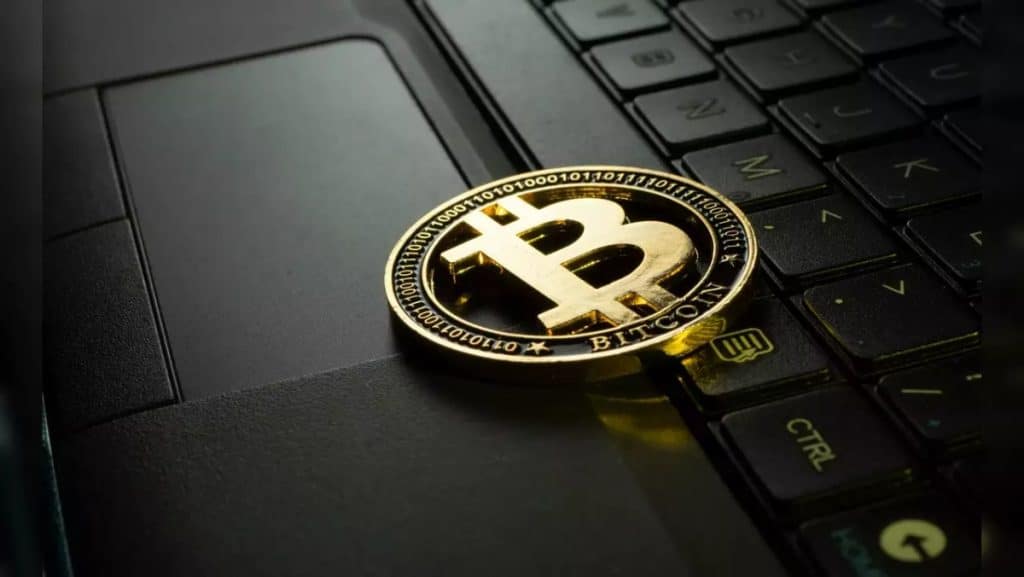As Bitcoin continues to assert its dominance in the cryptocurrency marketplace, attracting both seasoned traders and newcomers alike, the significance of imposing strong security features cannot be overstated. While Bitcoin gives unheard-of ability for wealth accumulation and economic independence, it also presents precise safety-demanding situations that require conscious attention and proactive threat mitigation strategies.In this article, we discover diverse Bitcoin funding techniques geared toward safeguarding assets from protection dangers. Investors must surely check out https://spark-genesis-ai-france.me/ which is a platform connecting investors and educational firms.
Understanding Bitcoin Security Risks
Bitcoin’s decentralized nature and cryptographic concepts underpin its safety version, making it proof against censorship and tampering. However, notwithstanding its inherent resilience, Bitcoin investors face a myriad of protection dangers, including:
Cyber Attacks: Cybercriminals appoint state-of-the-art strategies consisting of phishing, malware, and ransomware attacks to target Bitcoin holders and cryptocurrency exchanges. These assaults can bring about the loss of personal keys, unauthorized access to wallets, and the robbery of digital assets.
Exchange Hacks: Centralized cryptocurrency exchanges are prime objectives for hackers due to their awareness of finances and the capability for security vulnerabilities. Exchange hacks have led to massive losses for investors, highlighting the significance of exercising caution when storing funds on third-birthday celebration platforms.
Social Engineering: Social engineering strategies, along with impersonation scams and fraudulent schemes, exploit human psychology to manipulate people into divulging touchy statistics or moving budgets unwittingly. These assaults regularly target green buyers or individuals lacking recognition of commonplace scam tactics.
Proactive Security Measures
Implementing proactive security features is critical for shielding Bitcoin investments and minimizing exposure to security dangers. Here are numerous strategies to keep in mind:
Cold Storage: Storing Bitcoin in offline wallets, generally called a cold garage, offers an added layer of security in opposition to online threats. Hardware wallets, including Ledger and Trezor, provide secure garage answers by way of retaining private keys offline and requiring physical affirmation for transactions.
Multi-Signature Wallets: Multi-signature wallets require multiple private keys to authorize transactions, improving security by using dispensing management amongst multiple parties. This technique mitigates the chance of single points of failure and reduces the chance of unauthorized access to finances.
Regular Security Audits: Conducting everyday security audits of wallets and exchanges can help discover vulnerabilities and capability weaknesses in security protocols. Employing reputable cybersecurity companies or making use of open-source tools for vulnerability assessments complements transparency and duty in safeguarding virtual belongings.
Two-Factor Authentication (2FA): Enabling two-thing authentication provides an extra layer of protection to online debts by requiring customers to offer two varieties of verification, usually a password and a unique code sent to a registered device. Implementing 2FA reduces the chance of unauthorized access to accounts and strengthens account safety.
Diversification: Diversifying Bitcoin holdings throughout a couple of wallets and exchanges spreads hazards and minimizes the impact of potential security breaches. Avoiding over-reliance on single platforms or garage solutions reduces the chance of catastrophic losses in the event of a security incident.
Education and awareness
Educating oneself about commonplace security dangers and excellent practices is paramount for safeguarding Bitcoin investments. Investors ought to stay knowledgeable about the brand new cybersecurity threats and exercise caution while interacting with online platforms and participating in cryptocurrency transactions. Additionally, elevating attention inside the broader network helps foster a way of life of security awareness and encourages accountable funding behavior.
Regulatory Compliance and Due Diligence
Adhering to regulatory necessities and performing thorough due diligence while choosing provider companies are vital components of mitigating safety dangers. Choosing legitimate exchanges and wallet companies with a validated record of security and regulatory compliance minimizes exposure to potential fraud or misconduct.
Conclusion
Bitcoin funding provides unheard-of possibilities for wealth accumulation and monetary empowerment, but it additionally includes inherent safety risks that require conscious attention and proactive danger mitigation strategies. By imposing sturdy security features, staying informed about rising threats, and exercising due diligence while deciding on provider vendors, buyers can guard their assets and navigate the crypto panorama with self-belief. Ultimately, fostering a culture of protection awareness and responsible investment behavior is vital for promoting long-term sustainability and resilience within the Bitcoin ecosystem.
